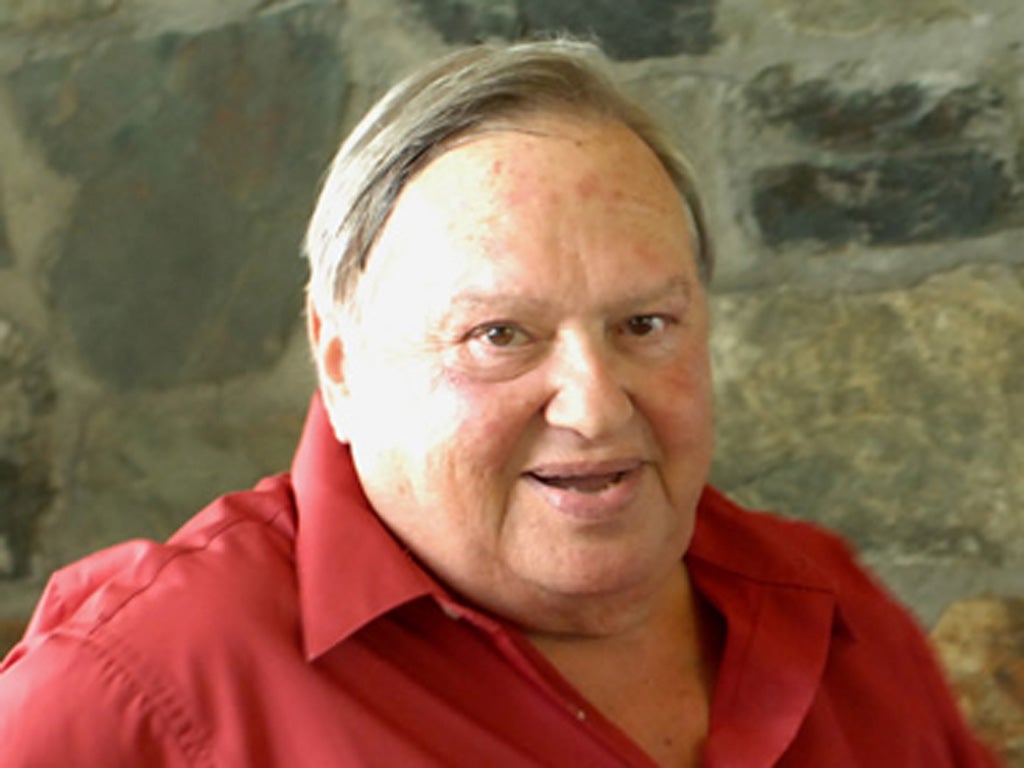Martin Isepp: Acclaimed accompanist

The son of a distinguished Austrian artist, Martin Isepp was part of that hugely vibrant émigré community who contributed immensely to the broadening and enrichment of British cultural life in the latter half of the 20th century.
While much in demand as an accompanist, to many he will be particularly remembered as one of the stalwart forces that helped make the Glyndbourne Festival such a magical event.
Coming to England in 1938 following the annexation of Austria, the Isepp family, mother, father, son and daughter, initially settled in Oxford. There Martin studied the piano with Leonie Gombrich. He was subsequently educated at St Paul's School, his musical talents taking him first to Lincoln College, Oxford and then to the Royal College of Music.
His career as an accompanist had initially begun when he first accompanied his mother, the singer, Helene Isepp. With her singing career curtailed by the Second World War, she later developed a successful teaching practice in north London. She attracted a range of pupils that included Ilse Wolf, Heather Harper and Janet Baker, and Martin was regularly called upon to act as accompanist. His musical partners would include Elizabeth Söderström, John Shirley Quirk, Sheila Armstrong, Hans Hotter, Jessye Norman, Richard Law, Frederica von Stade and Dame Elizabeth Schwarzkopf.
Emerging as one of the finest pianists of his generation, Isepp was musically adventurous, precise and flawless, his warm tone and sensitive interpretations endearing him to audiences worldwide. Likewise his sense of humour, generous spirit and impeccable artistry won him the high regard of colleagues.
Having worked with the English Opera Group at Aldeburgh following National Service, in 1957 he found a happy and expressive outlook at Glyndebourne in Sussex. There, over four decades he exercised a benign influence on countless generations of singers. Succeeding the long-serving Janos Strasser as Head of the Music Staff in 1973, from 1994 until 2007 he returned annually as Chief Guest Coach.
By now a pre-eminent exponent of the cadential art, Isepp increasingly inhabited a more international landscape. For five years he served as Head of the Julliard School's Opera Training Department in New York, returning to London in 1978 as Head of Music Studies at the National Opera Studio. Between 2006 and 2008 he was Head of Music at the Opera Akademie of the Royal Danish Opera in Copenhagen.
Seen all too rarely as a conductor in the concert hall, within the opera house he proved highly efficient. Regularly fronting Glyndebourne Touring Opera productions, while Associate Conductor of New York's Metropolitan Opera, standing in at the last moment for an indisposed James Levine, he seamlessly shaped a number of performances of Cosi Fan Tutte. In 1990, helping inaugurate the proposed Waltonian Bayreuth at La Mortella on Ischia, in partnership with producer Colin Graham, he conducted Donizetti's rarely heard opera La Campanello, together with his late host's entertaining one-act extravaganza, The Bear.
He proved equally adept as a continuo player: cleverly and precisely imagined were his many baroque harpsichord realisations. He regularly took part in the festivals organised by the Handel Opera Society of New York. Even in a highly idiomatic reading of Henry Purcell's somewhat loose-limbed Fairy Queen, he rarely fails to make even the most austere of movements speak with the profoundest of truths.
Happily all these pioneering reconstructions now endure, courtesy of a small but still highly distinctive discography. Nestling there is a delightful selection of Debussy songs, made in partnership with fellow Glyndebourne regular Hugues Cuenod. Here as always, Isepp's sensitivity to nuance and colour allowed him to take great delight in the occasional grand gesture.
His long-standing collaboration with Dame Janet Baker remains a model of what can be achieved when two great artists join forces. Their landmark recording, An Anthology of English Song, a pleasing juxtaposition of elegant vocal miniatures first released in 1962, attracted widespread critical acclaim. Fifty years on, it now forms a poignant and fitting monument, not only to an outstanding musician, but perhaps more importantly, to a most delightful human being.
Martin Johannes Sebastian Isepp,pianist, harpsichordist and conductor: born Vienna 30 September 1920; married 1966 Rose Harris (two sons, and one son deceased); died London 25 December 2011.
Join our commenting forum
Join thought-provoking conversations, follow other Independent readers and see their replies
Comments
Bookmark popover
Removed from bookmarks